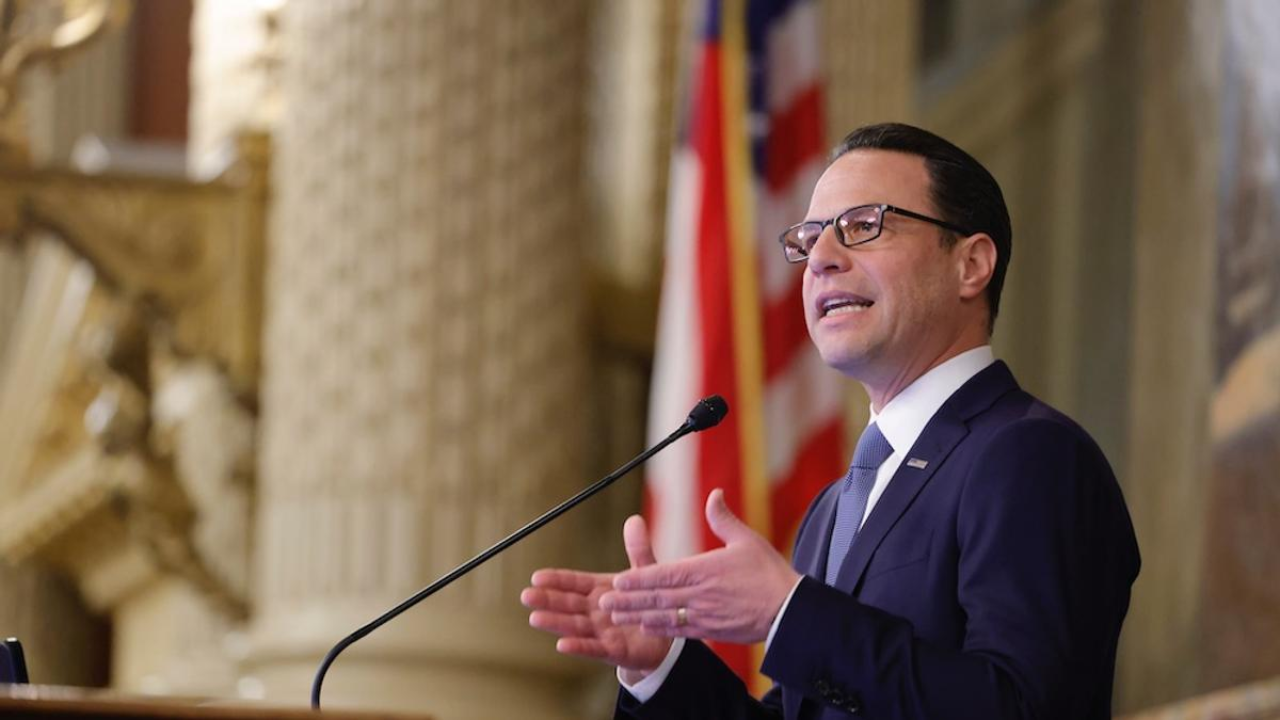Thousands of low-income residents in Pennsylvania could soon lose access to popular weight-loss drugs like Wegovy and Saxenda.
These drugs are currently covered under Medicaid, the state-run health insurance program for people with limited income. But now, as Harrisburg looks for ways to cut costs in its upcoming budget, health officials are considering removing these expensive medications from the list of approved treatments.
This move could affect many Pennsylvanians who rely on these drugs not just to lose weight, but also to manage serious health issues like diabetes, heart disease, and high blood pressure.
Medications like Wegovy and Saxenda, which are part of a group called GLP-1 drugs, are considered effective for long-term weight loss and are often recommended for people with obesity-related conditions.
These medicines are not cheap. A month’s supply of Wegovy can cost over $1,300 without insurance. Even with Medicaid coverage, it adds up for the state.
Officials in Harrisburg say they are trying to find ways to control spending in Medicaid, which is one of the biggest parts of the state’s budget. Pennsylvania is not the only state facing this issue, but the decisions made here could impact thousands of lives.
For people like Katrina Wilkerson, a Medicaid patient from Pittsburgh, this could be devastating. She has been using Saxenda for a few months and says it’s the only thing that has helped her manage her weight after years of trying other methods.
“If they take it away, I’ll be back to square one,” she said. “This isn’t just about looking good. It’s about staying alive.”
The concern is especially high among doctors and health advocates. They believe pulling back coverage now would be a step backward in the fight against obesity.
They argue that these drugs are more than cosmetic—they can reduce the risk of heart disease and other serious health problems in the long run. If patients lose access, it may cost the state even more in future hospital visits and treatments.
Dr. Tracey Conti, head of the University of Pittsburgh’s Department of Family Medicine, said, “Obesity is a disease, not a lifestyle choice. Taking away these drugs would be like denying insulin to a diabetic.” She added that these medications are one of the most effective tools doctors have for treating obesity safely.
However, the Department of Human Services in Pennsylvania says they’re just reviewing the data and no final decisions have been made.
The department said in a statement that they are examining the costs and benefits of GLP-1 drugs to ensure that the state’s Medicaid program can be sustainable in the long term.
One of the challenges, officials say, is the increasing demand. More people are asking for these drugs as they’ve become more popular in the media.
Some patients even want them for weight loss alone, without any obesity-related conditions. This raises concerns about whether Medicaid should be paying for drugs that may be used for cosmetic reasons.
Still, many patients say they are using the drugs for real medical reasons. Stephanie Davis, another Medicaid recipient, shared that she lost over 30 pounds using Wegovy, and her blood pressure and blood sugar levels have improved. “I’m healthier now than I’ve been in years,” she said. “If they cut it off, all my progress could be lost.”
Lawmakers are divided. Some believe the state has no choice but to review expensive prescriptions as costs continue to rise.
Others argue that cutting access to these drugs will harm the most vulnerable residents. “We need to find a balance,” one legislator said, “but we shouldn’t do it by taking away medicines that save lives.”
Advocates are calling for the state to keep coverage at least for patients who have medical conditions linked to obesity. They say better rules can be put in place to prevent misuse instead of a full ban. Some also suggest that the state negotiate better prices with drug companies or look for federal support.
At this point, the decision is still under discussion, and no changes have been made yet. But for thousands of people across Pennsylvania, the possibility of losing access to these life-changing drugs is already causing stress and fear.
As Harrisburg moves ahead with its budget planning, many eyes will be on whether officials decide to keep helping low-income residents with obesity medications, or leave them to face the fight alone.






